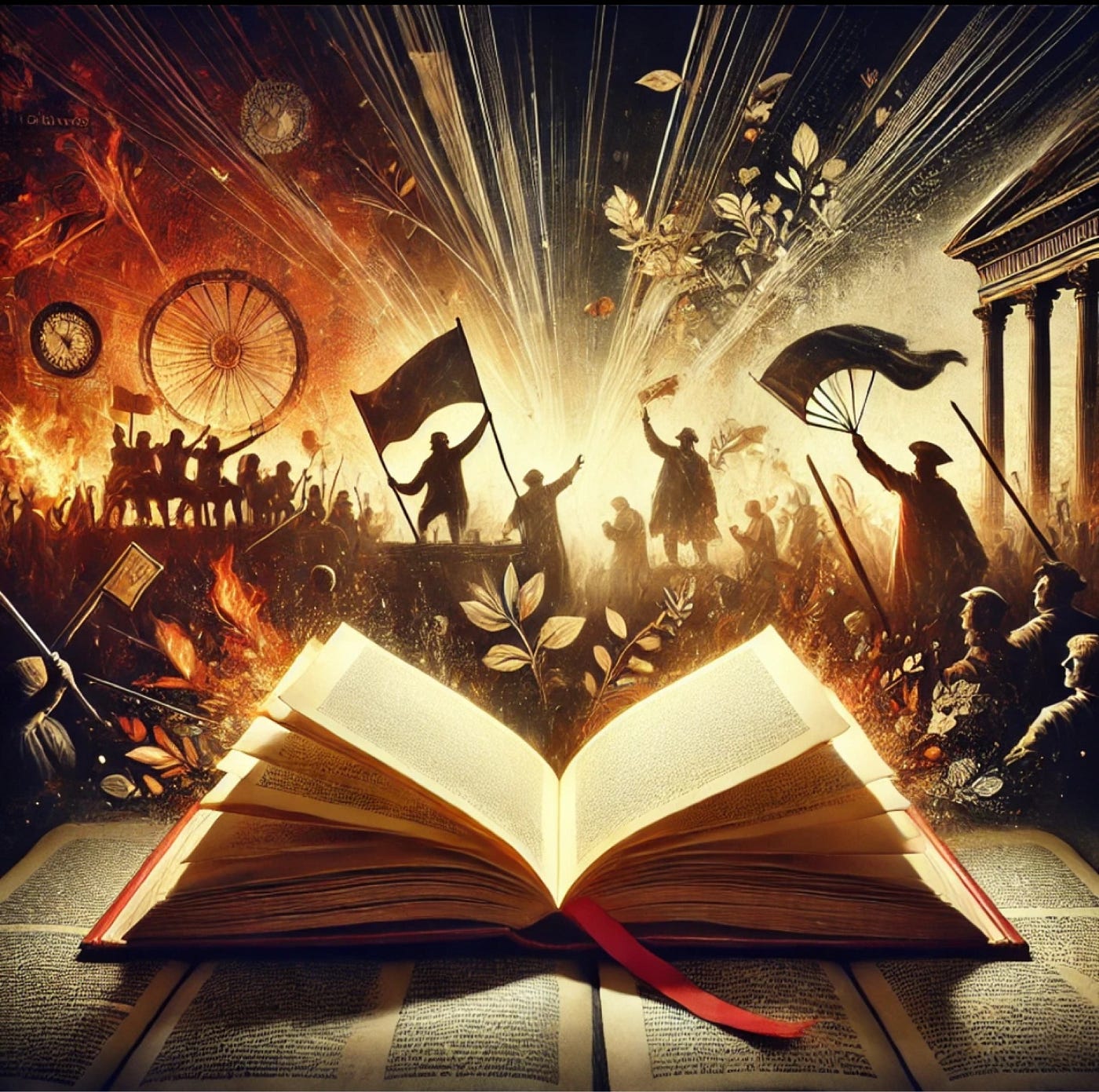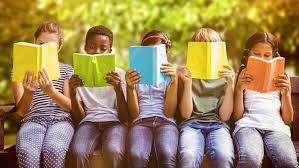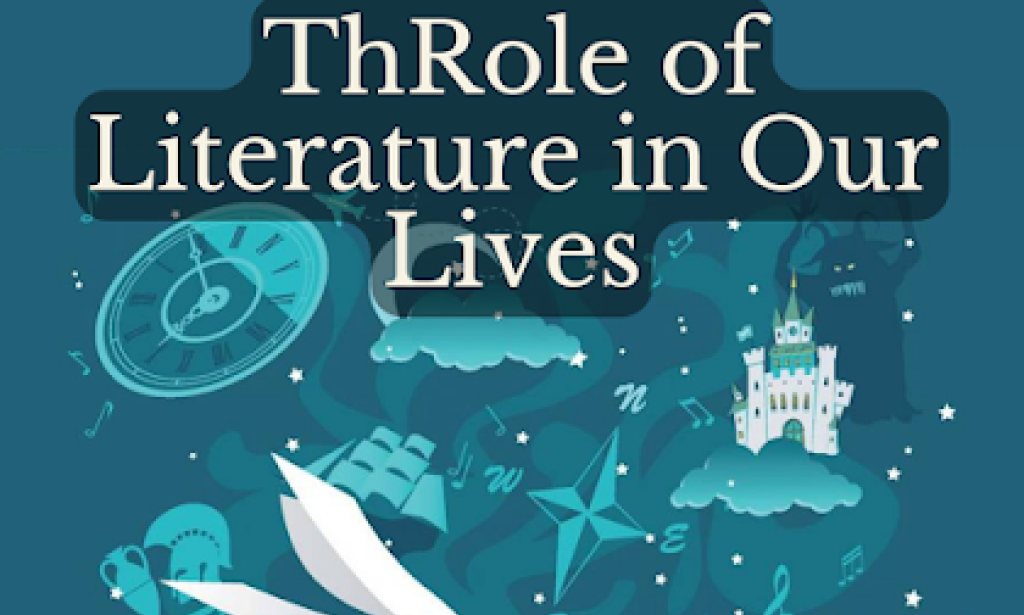Table of Contents
- Introduction: Literature as a Reflection of Society
- Literature and Education: Shaping Minds and Perspectives
- The Political Power of Literature: Inspiring Change
- Literature and Cultural Identity: Preserving Traditions and Values
- The Role of Literature in Social Awareness and Empathy
- The Digital Age: Literature in the Modern World
- Conclusion: The Everlasting Influence of Literature
1. Introduction: Literature as a Reflection of Society
Literature has always been a mirror reflecting the values, struggles, and triumphs of human civilization. From ancient epics to contemporary novels, written works encapsulate the essence of different eras, serving as historical records and sources of knowledge. Writers often use literature as a tool to critique societal norms, explore human emotions, and promote intellectual discourse. Whether through storytelling, poetry, or philosophical essays, literature has the unique ability to inspire, educate, and challenge perspectives.

2. Literature and Education: Shaping Minds and Perspectives
Education and literature go hand in hand in shaping intellectual and moral development. Literary works help individuals develop critical thinking, creativity, and analytical skills. From the philosophical dialogues of Plato to modern literary fiction, reading enhances comprehension and encourages people to think beyond their immediate experiences. Schools and universities use literature to introduce students to diverse cultures, ethical dilemmas, and historical events, fostering a broader worldview. Furthermore, reading literature cultivates linguistic proficiency and cognitive abilities, which are essential in academic and professional life.
3. The Political Power of Literature: Inspiring Change
Literature has historically been a catalyst for political and social change. Many revolutionary movements have drawn inspiration from influential literary works. Writers like George Orwell, Harriet Beecher Stowe, and Chinua Achebe have used their words to expose injustice, question authority, and promote reform. Literature has played a crucial role in anti-colonial movements, civil rights struggles, and feminist movements by providing a voice to the oppressed. Books and essays often spark discussions that lead to policy changes and social transformations.

4. Literature and Cultural Identity: Preserving Traditions and Values
Literature is a powerful means of preserving and celebrating cultural identity. Every society has its unique set of myths, folklore, and literary traditions that define its heritage. Works such as Homer’s Iliad and Odyssey, Shakespeare’s plays, and indigenous storytelling traditions provide deep insights into the customs and philosophies of different civilizations. By passing down literature through generations, cultures ensure the survival of their histories, moral values, and artistic expressions. Today, translated works help bridge cultural gaps, allowing different communities to appreciate diverse literary landscapes.

5. The Role of Literature in Social Awareness and Empathy
Literature has the power to evoke emotions and cultivate empathy by presenting diverse human experiences. Reading about different perspectives—whether through fiction, biographies, or historical accounts—helps individuals understand and relate to people from different backgrounds. Social novels such as To Kill a Mockingbird, The Diary of Anne Frank, and A Thousand Splendid Suns have shed light on social injustices, discrimination, and human rights issues. Such works not only raise awareness but also inspire readers to become more compassionate and socially responsible.

6. The Digital Age: Literature in the Modern World
In the digital era, literature has adapted to new formats, including e-books, audiobooks, and online publications. The internet has democratized access to literature, making it available to a global audience. Self-publishing and digital platforms allow writers from diverse backgrounds to share their stories, expanding the literary landscape. However, this shift also brings challenges, such as shorter attention spans and the struggle to maintain literary depth in an age of instant information. Despite these challenges, literature continues to evolve, maintaining its relevance in contemporary society.
7. Conclusion: The Everlasting Influence of Literature
Literature remains a vital force in shaping societies, educating individuals, and fostering cultural connections. It acts as both a historical record and a source of inspiration, guiding social change and intellectual growth. As technology advances and reading habits shift, literature will continue to adapt, ensuring that its role in societal development remains profound. Whether through classic texts or digital storytelling, literature will always be a cornerstone of human civilization.
Literature plays a vital role in shaping and advancing societal development. Through stories, poems, and essays, literature reflects the values, struggles, and aspirations of a society, providing a mirror for self-examination and progress. It serves as a medium for preserving cultural heritage, transmitting ideas across generations, and promoting shared understanding.
One of literature’s primary contributions is fostering empathy and social awareness. By exploring diverse perspectives, readers gain a deeper understanding of different cultures, backgrounds, and worldviews. This exposure promotes tolerance and encourages dialogue about social issues such as inequality, discrimination, and justice.

Literature also plays a transformative role in inspiring social change. Works like Harriet Beecher Stowe’s Uncle Tom’s Cabin and George Orwell’s Animal Farm have historically challenged societal norms and highlighted injustices, motivating activism and reform. Additionally, literature encourages critical thinking, enabling readers to question established norms and imagine alternative futures.
Furthermore, literature promotes emotional and intellectual growth by providing comfort, hope, and inspiration in times of adversity. In essence, it is both a reflection of societal evolution and a catalyst for change. By fostering empathy, dialogue, and innovation, literature remains an essential tool in building a more just, inclusive, and enlightened society.


You must be logged in to post a comment.